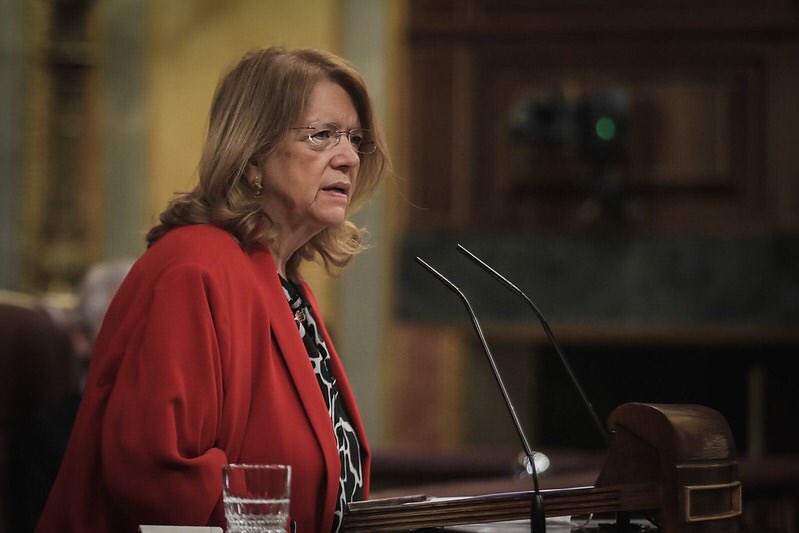The Spanish Government will meet this week in an extraordinary session to approve the General State Budget for 2022. Elvira Rodríguez, deputy sectoral-secretary of the Partido Popular and national deputy, talks about the last updates with Federico Quevedo in El Balance.
Agreement on the General State Budget for 2022
According to the deputy secretary, two days ago these budgets were blocked due to the debate on the Housing Law and “now they bring it after the deadline”. The MP wonders what will happen with the macroeconomic table that supports the budget because it was corrected by the National Institute of Statistics. She also wonders how the Prime Minister’s announcement of the 250 euro voucher for rental subsidies for young people and the 400 euro cultural voucher for 18 year olds will fit in with the spending ceiling.
These budgets were already in place in July, and since then, they have been tweaking amounts or making them more populist, according to Rodríguez. However, as the deputy warns, it is still necessary to wait for the measures of the other parliamentary groups that support the budgets. “Next year it won’t be like that, the accounts will have to be fixed and the debt will be more expensive”, Rodríguez points out.
Housing Law
Another measure in the General State Budget is the increase in corporate tax to 15%, from which part of what will be spent next year will come. The PP deputy warns that, effectively, both the cultural bonus and the rental subsidies for young people “will have to be paid for with future taxes”. On the other hand, the local councils will have to manage how to determine empty homes. There are already some that are not going to do so, according to the deputy.
Macroeconomic situation
The vice-president Yolanda Díaz said there would be expansive budgets that would generate growth and employment. However, for the MP, Elvira Rodríguez, what they will generate is “ruin“, especially with the way in which the investment objectives are chosen.
The European funds are earmarked for productive investment, but the EU is setting homework in the form of structural reforms, according to Rodríguez. Europe is asking for structural expenditure not to be increased and for countries not to be placed on a path with no future, which, according to the national MP, is what the central government is doing.
The MP reports that there are signs from Europe that lead one to believe that they will ask for orthodoxy in public accounts. The central banks are warning that they will withdraw aid in the form of bond purchases. Rodríguez warns that if Spain has to go to the market with its sovereign debt without the support of the European Central Bank, it will cost more. Moreover, if it gets into a bad fiscal situation, it will be even more expensive.
Economic Affairs Minister’s position
For Elvira Rodríguez, it was a disappointment to see the Housing Law within the Budget when the First Vice-President said that she was not in agreement with the limitation of rents. However, Pedro Sánchez, according to the Popular MP, would have negotiated this law directly with the representatives of Unidas Podemos –government’s junior party-: Yolanda Díaz, Ione Belarra and Irene Montero. Rodríguez criticizes the fact that the first vice-president and head of economic affairs does not work in a government that is a drama in terms of economic policies.
Listen to the full interview in the audio below:
Through ‘El Balance’, a program hosted by Federico Quevedo on Capital Radio, Influence Spain is able to expand its network of contacts within the national, regional and municipal spectrum.

